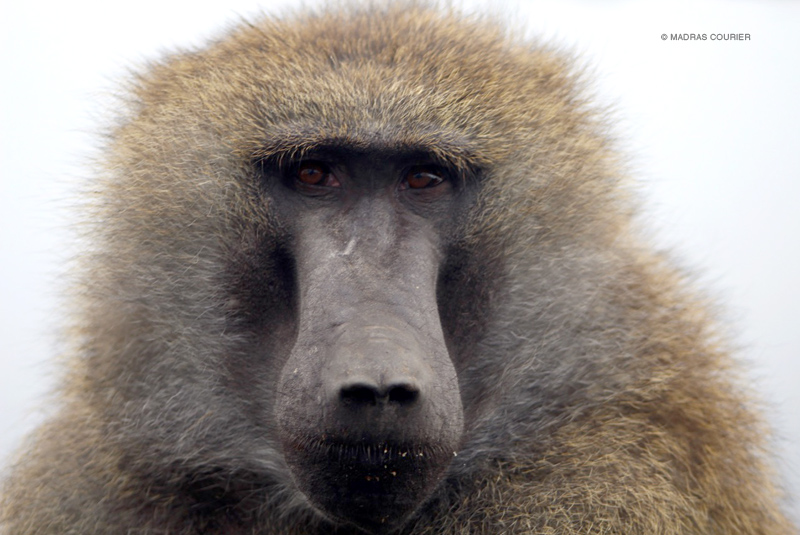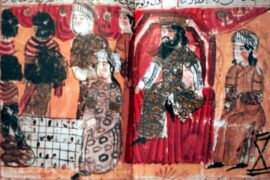For long, it was assumed that humans were the only primates capable of expressing sounds like vowels – a vital component of speech. Dating our own species gave the history of language a rough breadth of a hundred thousand years.
When Alexander the Great invaded India in 326 B.C., the last thing he expected to see was an army of baboons. Yet, this is exactly what he witnessed in the woods near the Jhelum river, where the primates, on seeing the Macedonian army advance, stood up all at once in organized rows along the hill. For a moment, the Greeks thought they were facing a monkey military. But they soon realized it was just monkey business and carried on with their campaign.
It’s one of the last known sightings of a baboon-resembling creature in India. Today, baboons are endemic only in parts of Africa and Arabia (though fossil records indicate that Gelada baboons once ranged in Northern India, thousands of years ago).
Over the years, studying the behaviour of baboons has helped humankind understand themselves better. Baboons have helped us understand everything from origins of human language to the harmful effects of stress, the signs of early democracy within groups, the feeling of belonging to a clique and even the act of female contraception.
Copyright©Madras Courier, All Rights Reserved. You may share using our article tools. Please don't cut articles from madrascourier.com and redistribute by email, post to the web, mobile phone or social media.Please send in your feed back and comments to [email protected]











